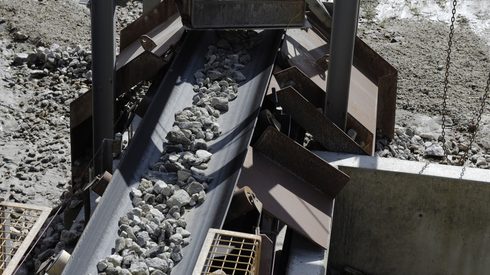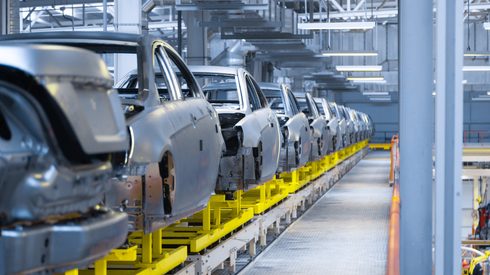Reinvesting in coal-based steel production is “fundamentally incompatible” with reaching the 1.5-degree climate target, global watchdog organization SteelWatch said in a release on Tuesday October 17.
The target, set under the Paris Agreement, is to limit global warming to 1.5°C by the end of this century. To achieve that goal, greenhouse gas emissions must peak before 2025 at the latest and decline 43% by 2030, according to the United Nations Framework Convention on Climate Change (UNFCC).
Steelmakers around the world, including the US’ Cleveland-Cliffs, South Korea’s POSCO, Europe’s Tata and Australia’s BlueScope, have made plans to invest in the relining of coal-based blast furnaces (BFs), which may lead to more than half a billion tonnes of additional CO2 emissions, the organization said.
“We are calling out the real-time decisions that these steel companies are making to bring the planet that much closer to total climate catastrophe,” Caroline Ashley, Director of SteelWatch, said.
Steelmakers should phase out BFs, instead of relining them, to slash carbon emissions and decrease global excess steel capacity, Phil Bell, president of the Steel Manufacturers Association (SMA), told Fastmarkets.
“Relining blast furnaces locks in another 20 years of high-emission steel production. Where new furnaces are required, electric-arc furnaces and exploration of other, new cutting-edge steelmaking technologies are the sensible choice,” Bell added.
US firms opting to reline coal-based BFs may struggle to meet carbon dioxide targets established by the Biden Administration, according to Samir Kapadia, principal and head of trade at The Vogel Group, a bipartisan government affairs and consulting firm based in Washington DC.
In 2021, President Joe Biden set a target for the US to achieve a 50-52% reduction in economy-wide net greenhouse gas pollution from 2005’s levels in 2030, according to a White House statement.
However, the Environmental Protection Agency (EPA) and Department of Energy are offering hundreds of millions of dollars for steel mills to find alternative ways to lower their carbon footprint, Kapadia added.
For example, the Inflation Reduction Act (IRA) is said to be positive for the steel industry, partially due to the $370 billion in funding given in the form of tax incentives. The IRA establishes “Make it in America” provisions for the use of American-made equipment for clean energy production. The law provides expanded clean energy tax credits for wind, solar, nuclear, clean hydrogen, clean fuels and carbon capture.
“Legacy mills have to work out that calculus, leveraging both government funding and new technology, to align with new global expectations and standards around green steel. The money and support are there from Washington, it just has to be sought out and captured,” Kapadia said.
“Every dollar, euro, Won invested into coal-based steel makes future climate mitigation and community remediation that much more expensive,” Julia Hovenier, the steel lead of BankTrack, said. “It’s time for steelmakers in OECD [Organisation for Economic Co-operation and Development] countries to cut ties with coal and go all-in on fossil-free steelmaking, or risk financial credibility.”
Integrated producer Cleveland-Cliffs announced in July that it will postpone the relining of one of its BFs in Indiana.
The steelmaker said it is imposing a $40 per short ton surcharge — called the “Cliffs H surcharge” — on steel products produced using hot-briquetted iron (HBI), a low-carbon iron feedstock used in BFs, basic oxygen furnaces (BOFs) and electric-arc furnaces (EAFs).
With Lourenco Goncalves, Cleveland-Cliffs’ chief executive officer, dubbing hydrogen as the “true game changer” for the decarbonization of steel, the company announced on Friday October 13 that it had joined the Midwest Alliance for Clean Hydrogen (MachH2), a multistate alliance of public and private entities that has been awarded up to $1 billion in funding from the Energy Department under the Bipartisan Infrastructure Law to develop a regional clean-hydrogen hub in the Midwest.
South Korea’s POSCO is currently relining one of their Pohang BFs and may undertake a similar project at the Gwangyang steelworks.
In the Netherlands, Tata Steel battled hundreds of activists in June, who were protesting over air and soil pollution in the surrounding area. In Australia, BlueScope’s board reportedly approved the relining of BF No. 6 in Port Kembla.
The four companies did not respond to Fastmarkets’ requests for comment.






